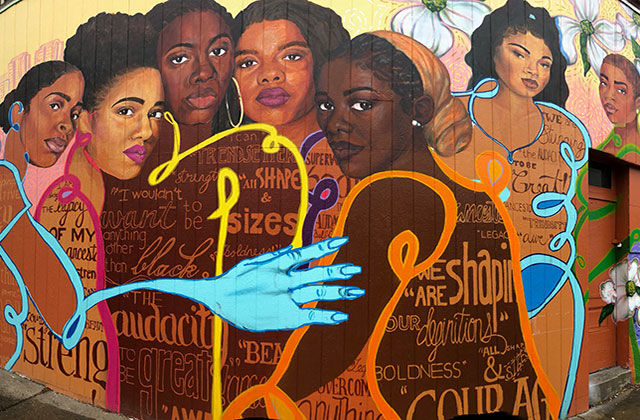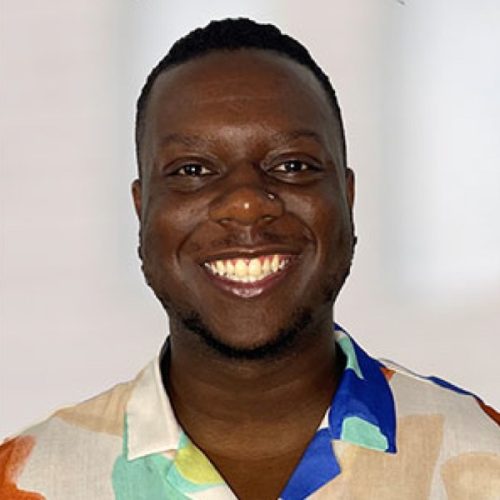Originally published on Essence Magazine
Angela Doyinsola Aina can’t pinpoint exactly when things changed for Black birthing mothers. Nevertheless, through her knowledge, work and experiences, the co-founder of the Atlanta-based Black Mamas Matter Alliance makes clear that since the early aughts, there’s been a gradual decline in the resources allocated towards women’s health. That decrease has put Black and brown women most at risk of dying while delivering their children.
“Where there’s a shift in the administration and then there’s a hard focus on making cuts, almost always women’s health along with education are the first things to get cut,” she tells ESSENCE. “But then also where ‘silent killers’ started to creep in is the fact that there wasn’t a lot of focus and attention domestically about the ways in which maternity care was being implemented in this country.”
She says that as the years went on, states started to be more restrictive about where people could give birth and how.
“The fact that we don’t have as many birth centers, the numbers of midwives dwindled significantly in terms of even people’s access to a midwife. The fact that when people were going to seek care with physicians or at a hospital, depending on the type of insurance that they have, if they have insurance at all, sometimes it would dictate the ways in which, if at all, they would see the same provider throughout their pregnancy journey. We also have had a high rate of cesarean rates in this country, especially during the mid 2000s.”
These things have helped to create a significant crisis that has garnered a great deal of attention in the last few years, thanks to the BMMA.
“We’ve heard from Black and brown women in terms of their experiences of obstetric violence, racism, mistreatment as they try to even navigate the healthcare system,” she says. “Up until just a few years ago, not every state provided Medicaid coverage in the postpartum period. Like Medicaid coverage would stop after 60 days postpartum. So it’s like you had all these things confounded upon each other that really contributed to the fact that the United States has a healthcare crisis when it comes to maternal health.”
Aina co-founded the Black Mamas Matter Alliance in 2016. For years prior, she’d been working with community-based organizations and academia at the state and federal government levels on projects pertaining to reproductive health and justice. For the last 15 years, her focus has been on maternal child health and the reproductive health sector.
“Given that we know the dire statistics of maternal morbidity and mortality, and just even reproductive injustices that impact Black and brown communities; the fact that there was not an organization or entity that was leading an initiative around maternal health, once that opportunity finally arose, at the time it was called the Black Mama’s Matter Project in 2015, I knew I needed to just stay in this space. And so that’s really what led me, or it’s part of what led me to this work.”
BMMA sounded the alarm back in 2017 around this crisis and they’ve been doing the multilayered hard work ever since to uplift Black and brown birthing people, including through legislation.
“We were very much behind the Black Maternal Health Caucus, and a lot of their work around pulling together some of those pieces of legislation within the Momnibus Act. We’re very active with the second round of that initiative that’s happening now,” she says. “We’ve been really pushing for, especially at the state level, especially here in the state of Georgia, wanting to see an expansion of the scope of the practice of midwives. And also, we want to be behind supportive policies at least at the federal level that are very supportive of expanding maternity care providers across the board.”
Read the full article on Essence
 Angela Doyinsola Aina, MPH is the Co-Founder and Executive Director of the Black Mamas Matter Alliance (BMMA), a Black women-led organization that centers Black mamas by advocating, driving research, building power, and shifting culture for Black maternal health, rights and justice.
Angela Doyinsola Aina, MPH is the Co-Founder and Executive Director of the Black Mamas Matter Alliance (BMMA), a Black women-led organization that centers Black mamas by advocating, driving research, building power, and shifting culture for Black maternal health, rights and justice.





